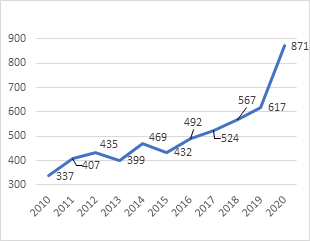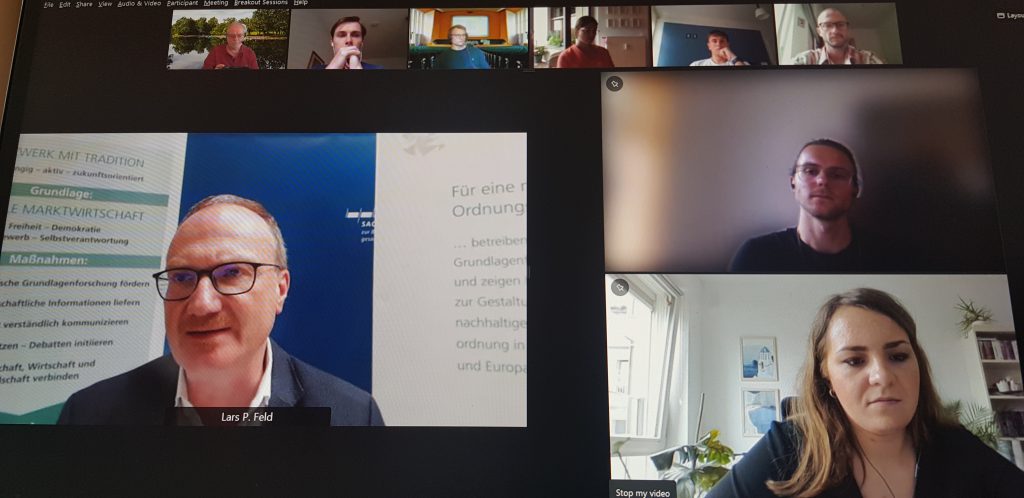A new GLO Discussion Paper shows that retirement leads to a statistically significant and sizable increase in the probability of making a residential move or the likelihood of becoming outright homeowners.
GLO Discussion Paper No. 882, 2021
Retirement, housing mobility, downsizing and neighbourhood quality – A causal investigation – Download PDF
by Nguyen, Ha Trong & Mitrou, Francis & Zubrick, Stephen R.
GLO Fellow Ha Nguyen

Author Abstract: This paper provides the first causal evidence on the impact of retirement on housing choices. Our empirical strategy exploits the discontinuity in the eligibility ages for state pension as an instrument for the endogenous retirement decision and controls for time-invariant individual characteristics. The results show that retirement leads to a statistically significant and sizable increase in the probability of making a residential move or the likelihood of becoming outright homeowners. We also find that individuals downsize both physically and financially and tend to move to better neighbourhoods or closer to the coast upon retirement. We additionally discover that some housing adjustments take place up to 6 years before retirement. Moreover, our results reveal significant heterogeneity in the retirement impact by gender, marital status, education, housing tenue, income and wealth. Within couple households, housing mobility choices are primarily influenced by the wife’s retirement while housing downsizing decisions are only affected by the husband’s retirement. The results suggest that failing to address the endogeneity of retirement often under-states the retirement impact on such housing arrangements.

GLO Discussion Papers are research and policy papers of the GLO Network which are widely circulated to encourage discussion. Provided in cooperation with EconStor, a service of the ZBW – Leibniz Information Centre for Economics, GLO Discussion Papers are among others listed in RePEc (see IDEAS, EconPapers). Complete list of all GLO DPs – downloadable for free.
The Global Labor Organization (GLO) is an independent, non-partisan and non-governmental organization that functions as an international network and virtual platform to stimulate global research, debate and collaboration.
Ends;


















